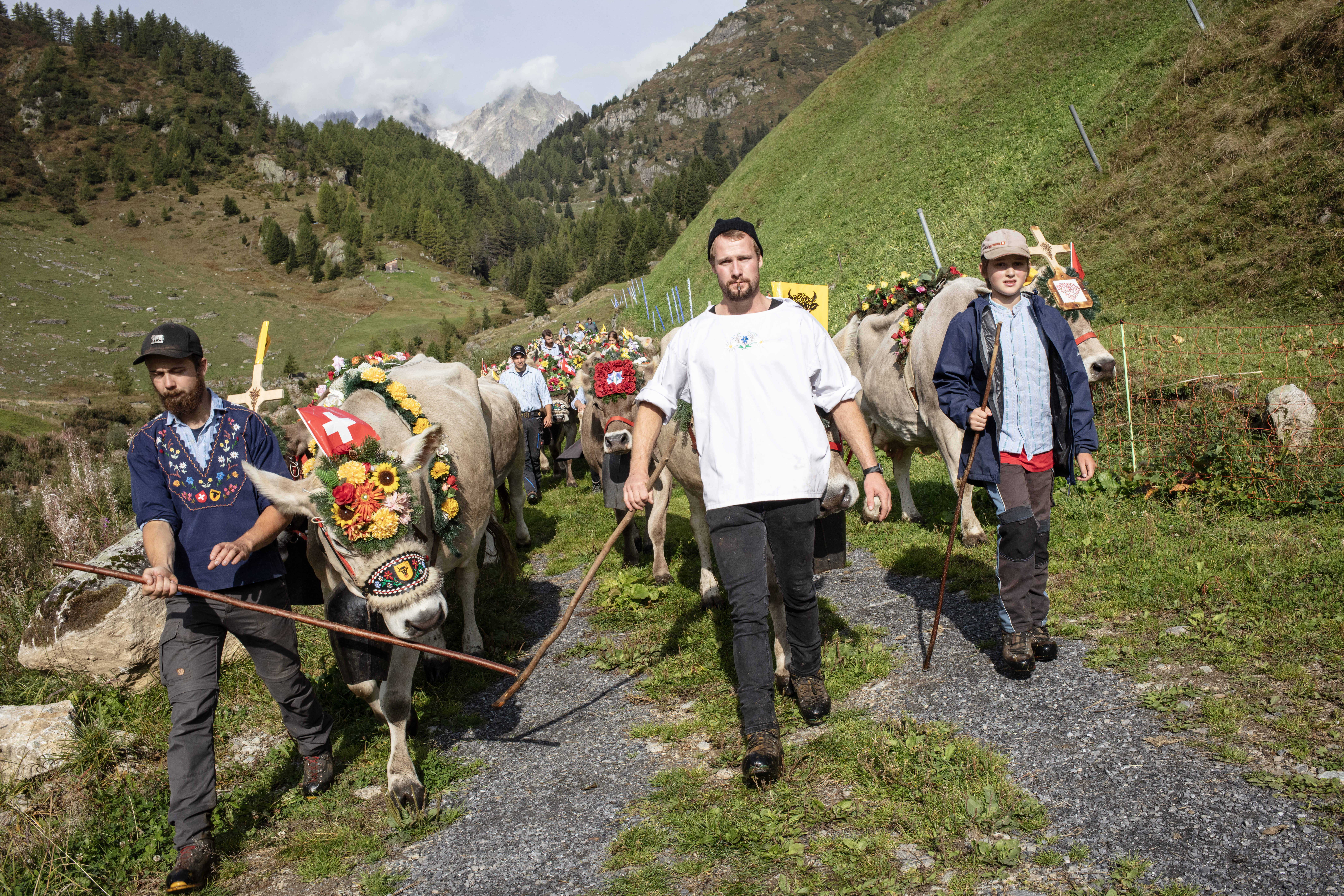
Nestlé faces heat for sponsoring breastmilk substitute study in India

India’s apex medical research authority is calling for the end to a Nestlé sponsored study on breastmilk substitutes, arguing it violates local and international laws on marketing of infant formula.
The Times of IndiaExternal link reported on Sunday that the Indian Council for Medical Research (ICMR) has concluded that Nestlé’s sponsorship of a five-hospital study on infant milk substitutes violates India’s Infant Milk Substitutes ActExternal link.
The law forbids producers or suppliers of breastmilk substitutes from providing financial support to health workers or associations caring for babies or pregnant women including for research.
The Breastfeeding Promotion Network of India (BPNI), responsible for monitoring compliance with the Act, brought the study to the attention of the Indian health ministry and ICMR on July 17. The Clinical Trial Registry lists Nestlé India as the primary sponsor of the study called “Multicentric Observational Study to Observe Growth in Preterm hospitalized infants.”
In a press releaseExternal link in early August, Arun Gupta of BPNI argued that Nestlé’s actions are “a gross and blatant violation of the IMS Act.” He demanded strict action by the authorities and said the violation amounts to a criminal offence.
According to the Times of India, two other cases of Nestle-sponsored clinical trials were identified on August 26.
Science or promotion?
In a written statement, a Nestlé spokesperson told swissinfo.ch that “Clinical studies for the purpose of scientific information are not prohibited by legislation in India.” The company adds that the law in India only prohibits financial support if it is for the purpose of promoting the use of infant milk substitutes, feeding bottles and infant foods.
“The objective of the clinical studies in question have been to encourage science-based research. The studies are institution-based studies and all Institutional Ethics Committee approvals have been obtained from the participating sites,” said the spokesperson.
The company also says that no infant formula products were provided to the concerned hospitals, nor were Nestlé products promoted in the hospitals.
Vevey-based Nestlé is a leading manufacturer of infant milk substitutes and infant foods. On its websiteExternal link, the company says they are committedExternal link to comply with the International Code of Marketing of Breastmilk Substitutes “as implemented locally by governments.”
The Nestlé India websiteExternal link says the company complies with Indian law including the provisions on not providing financial incentives to health workers for the purpose of promoting infant milk substitutes.
The Breastfeeding Promotion Network of India pointed the finger at weak enforcement mechanisms in India that have allowed Nestlé to sponsor the studies.

In compliance with the JTI standards
More: SWI swissinfo.ch certified by the Journalism Trust Initiative






























You can find an overview of ongoing debates with our journalists here . Please join us!
If you want to start a conversation about a topic raised in this article or want to report factual errors, email us at english@swissinfo.ch.